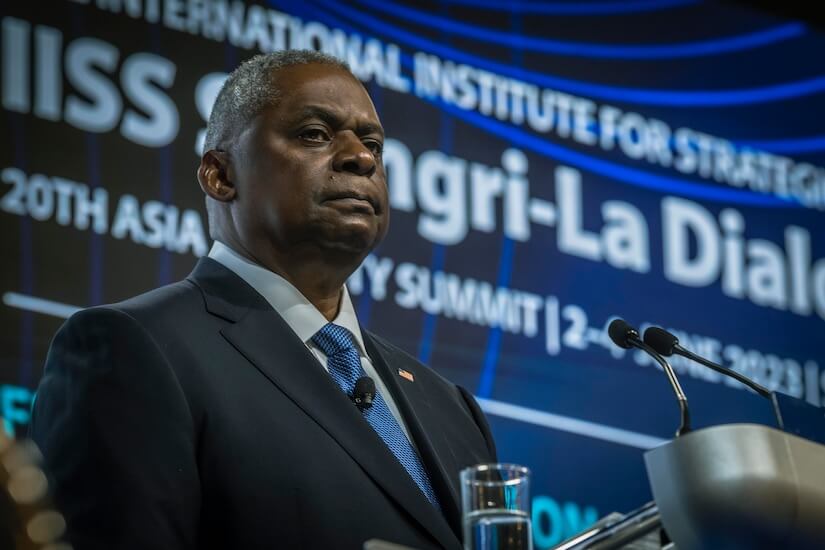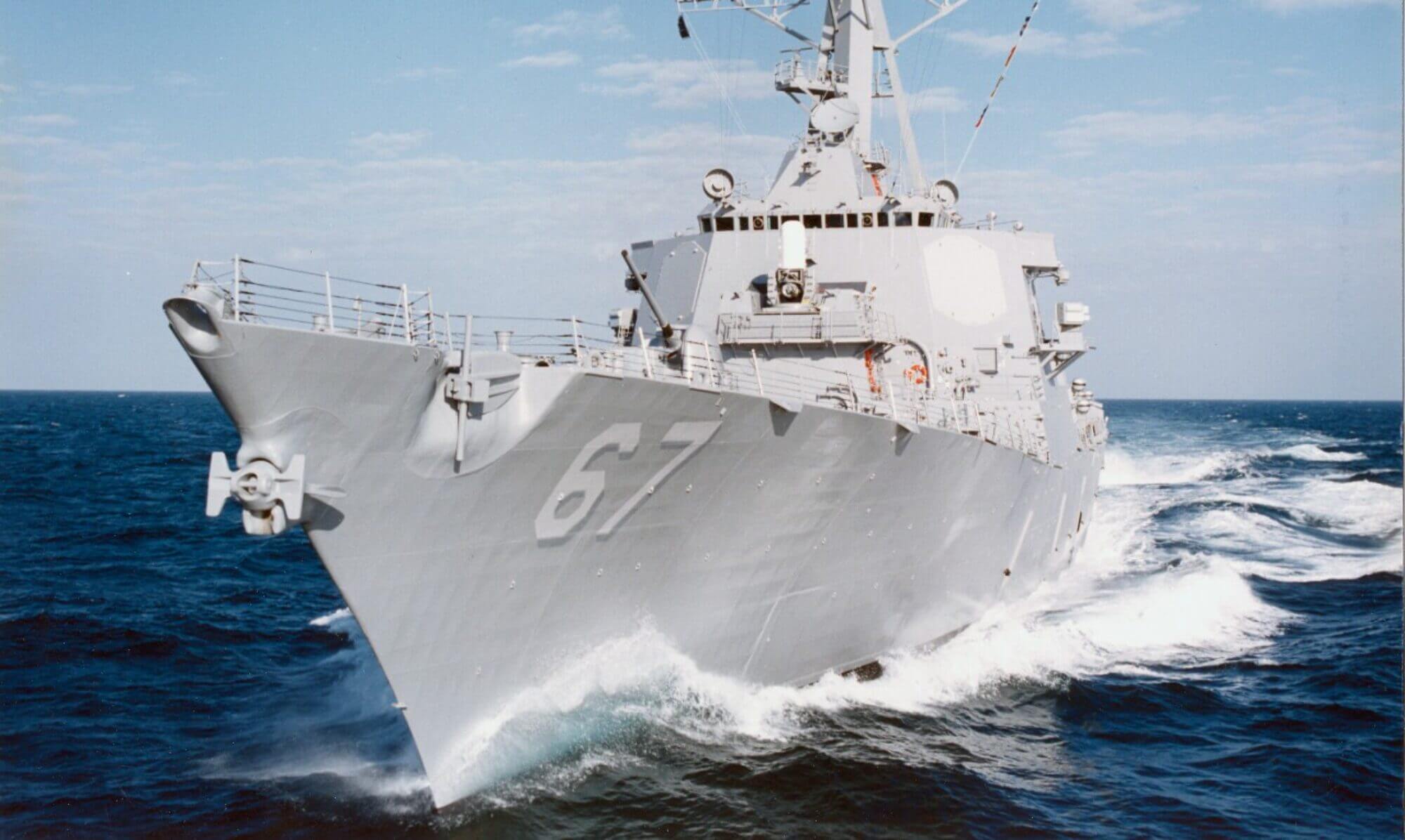
On June 5th, Secretary of Defense Lloyd J. Austin III stated that the United States will persist in collaborating with regional allies to maintain a free and open Indo-Pacific, amid ongoing challenges from China. This statement was made in Singapore during the esteemed Shangri-La Dialogue, a paramount congregation of defense ministers and experts from the region. Austin’s remarks reflect the U.S. military’s primary focus on the Indo-Pacific, with China being viewed as the pacing challenge.
The Strategic Budget and Investment in Indo-Pacific
The Pentagon’s budget request, according to Austin, is tied directly to their strategic plans, emphasizing their continued investment in the Indo-Pacific region. This includes the deployment of the United States’ most advanced and competent weapon systems. The Defense Department has allocated over $9 billion towards the Pacific Deterrence Initiative, along with additional investments into region-specific research such as hypersonics, deterrence of cyber threats, and more.
Austin Expresses Concern Over China’s Actions
Despite General Li Shangfu, China’s Defense Minister’s statements at the event, Austin emphasized that observing China’s actions is more consequential than listening to their words. Austin further voiced his concern about China’s “irresponsible behavior” in the South China Sea, pointing to instances of close intercepts and coercive behavior.
Significantly, he noted recent incidents involving a Chinese ship’s dangerous proximity to the USS Chung Hoon and a Canadian vessel in the Taiwan Strait, and the interception of a U.S. Air Force reconnaissance aircraft by a Chinese aircraft in international airspace. Austin called on leadership to regulate such conduct to prevent potential accidents that could escalate into uncontrollable situations.
The Need for Clear Communication
Drawing parallels with the April 2001 P-3 incident, where a Chinese pilot collided with a Navy P-3 aircraft leading to a diplomatic crisis, Austin stressed the importance of clear communication to prevent similar incidents in the future.
Importance of Navigational Freedom
Highlighting the importance of navigational freedom, Austin stressed that these operations the United States and other nations engage in are perfectly legal. He indicated that China should be interested in this freedom as well, considering they also use the international commons.
The Diplomatic Hurdle
Austin revealed that Chinese defense leaders have declined invitations to meet, stating U.S. sanctions against Li Shangfu as the reason. Austin noted that despite personal sanctions in Russia, he could, if he wanted, communicate with the Russian minister of defense.
Key Takeaways
- The U.S. maintains its commitment to a free and open Indo-Pacific region, with significant budget allocations to ensure strategic readiness.
- U.S. Secretary of Defense Austin expresses concern over China’s recent actions in the South China Sea and calls for responsible conduct.
- Austin underscores the importance of clear communication to prevent incidents that could escalate tensions.
- Austin emphasizes the significance of navigational freedom and points out China’s dependence on the same.
- Despite U.S. sanctions against Li Shangfu, Austin notes the potential for diplomatic communication, drawing a comparison to his situation with Russia.

